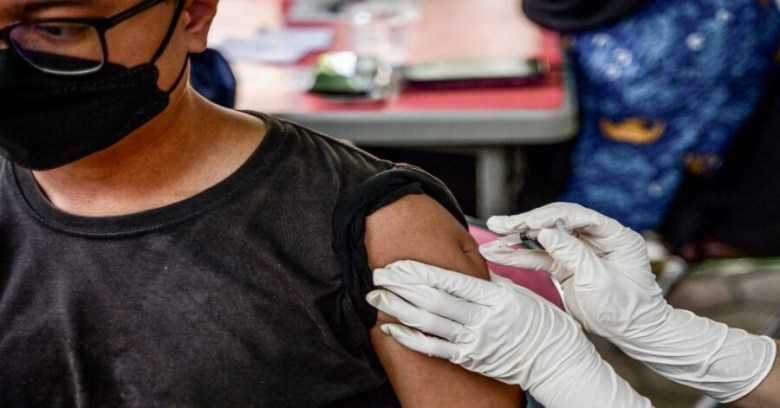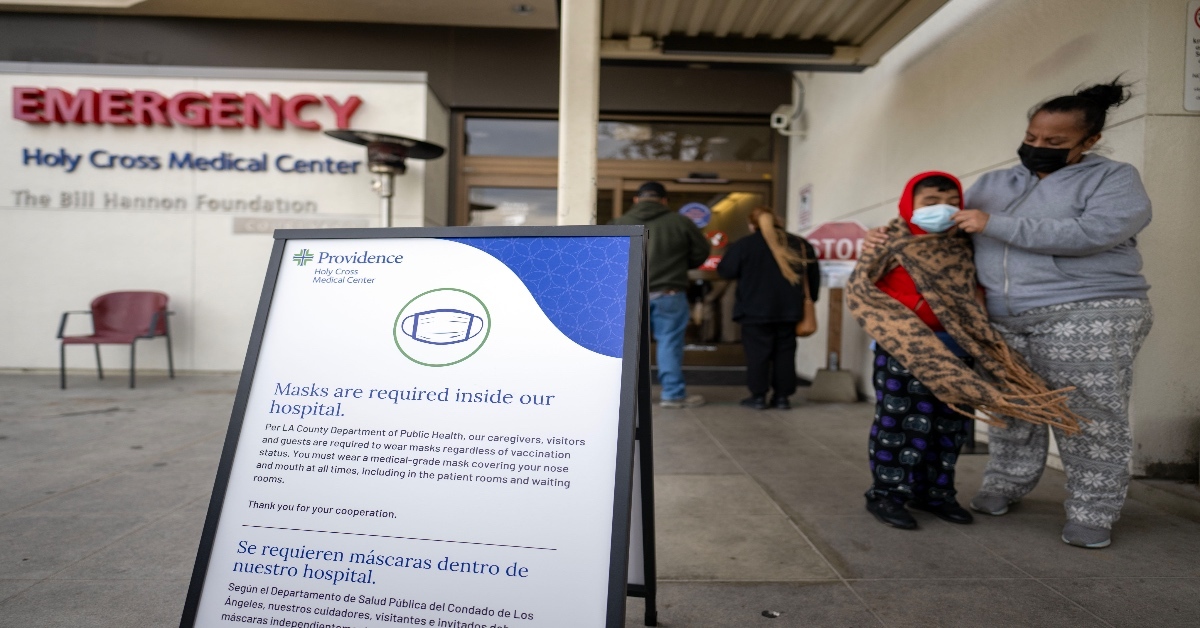|
Listen to this article here
Getting your Trinity Audio player ready...
|
President Joe Biden ended the state of emergency for COVID-19 in April 2023, but people are still contracting the virus. The Centers for Disease Control and Prevention (CDC) reported that respiratory illness levels are currently “high” or “very high” in the United States. That said, COVID-19 and flu season is upon us.
In a January 2024 NPR interview, the Director of the CDC, Dr. Mandy Cohen, stated the holiday season prompts traveling and family gatherings, which may explain the spike. During the winter of 2021 to 2022, the CDC reported similar spikes. The Omicron strand presented a high risk for severe illness. Another spike was reported in the winter of 2022-2023, but it had less severe consequences.

“We are still very far below the levels that we were seeing with the omicron peak,” Amy Kirby, the director of CDC’s National Wastewater Surveillance System, told NPR.
She also stated that the number of cases will most likely remain moderate. Hospital visits and deaths are also reporting low numbers. This suggests that most people should treat their symptoms from home. It also means that those contracting the virus are less likely to experience severe symptoms.
COVID-19 is not the only thing to worry about.

Much of the focus has been on COVID-19 since 2020, but other upper-respiratory illnesses still pose a risk to public health. Kentucky’s Public Health Commissioner, Dr. Steven Stack, shared that flu cases are quickly rising.
“The influenza virus is the thing that’s really skyrocketing right now,” Dr. Stack told NPR.
The CDC also reports that the Southeast is experiencing more cases of respiratory illness, but everyone should be cautious. They suggest that everyone should be aware of respiratory syncytial virus (RSV), flu, and COVID-19 symptoms.
According to Dr. Stack, those who are hospitalized are likely infected with the flu. Still, hospitals can maintain the status quo, providing everyone treatment if/when needed. However, some hospitals have required masks for staff and patients again.
Vaccinations are still available.
Protecting yourself from infection is still possible. Masks are always a viable option, along with vaccinations. Dr. Stack told NPR that everyone should get COVID-19 and flu vaccinations, especially the elderly community.
“Everybody who is elderly — and not even old elderly — like young elderly, 60 and older,” Dr. Stack told NPR, since the elderly community is more susceptible to contracting the virus.

Those who are 60 and up are more likely to contract viruses and experience symptoms. Dr. Cohen told NPR that although COVID-19 cases are lower than in 2023, the virus is still very severe. Those who do experience symptoms are likely to have severe symptoms.
Dr. Cohen also stated that if you do begin to experience symptoms, test yourself. If you test positive, stay home and isolate. Vaccinations for flu and COVID-19 are readily available in many places. Most health insurance plans cover vaccinations and tests at urgent care facilities and primary doctors. Stay safe and put your health first throughout the COVID-19 and flu season spike.


